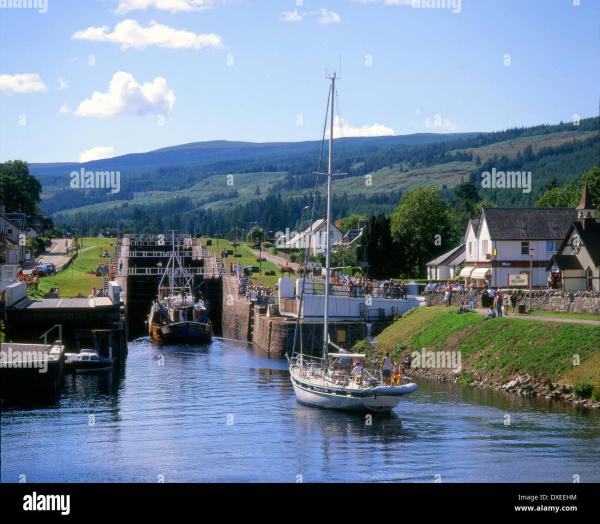Some landowners are defending their land by raising taxes. They want to give communities more control over what they can do on their own land. In 2003, a law was passed that allowed 500,000 acres of community-owned land for parks, farms, and housing. However, activists are putting up a fight. Activists say they don’t think this is a fair compromise, because they don’t want people to have the freedom to squander their free land.

The Scottish Land Fund has spent more than PS5 million buying assets in public ownership. The aim of the fund is to support community buyouts and other forms of land reform. However, the fund is heavily skewed towards a handful of local authorities. For example, a large number of empty plots show that Scotland’s economy doesn’t put communities first. The Greens are pushing for more progressive local taxation to improve communities.
Some Scots have struggled to purchase real estate. A recent survey found that just four percent of Scottish land is owned by 16 people. The average price of farmland in Scotland was PS4,271/acre, a stagnant level during the past year. In addition, the average property value in the country is PS4,271 per acre. This is an extremely low figure, and it’s difficult to imagine that a few people could own so much of the country.
The Land Reform Act 2003 codified the right of public access to rural Scotland. While the law has its exclusions and responsibilities, it also provides a comprehensive overview of Scottish land ownership. In 2003, the Scottish government passed the Land Reform Act, which gave everyone in Scotland the right to roam and use the land for recreation. The legislation aims to create a more equitable balance between public and private interests. These rights have since been endorsed by the Supreme Court.
Another way to use vacant land is to develop it for commercial purposes. Many people, however, don’t want to buy a piece of derelict property simply because it’s too expensive. Instead, they want to sell it. But how can they do that? In other words, it would make sense to turn it into a new business. It might not be easy to get your hands on this type of property, but the benefits of such an investment can be huge.

Ultimately, the SLC calls for the government to create a land register that gives communities more control over their land. This would help them target the most valuable sites and prevent them from being left vacant for years. They also recommend a government-owned map-based portal. Lastly, the SLC also calls for better use of data to target 4P sites. In addition to being a useful tool for developers, it would be a great way to help local communities make better decisions about their own property.
While Scotland has a similar right to free land, it has been used in other places to make it available for commercial purposes. The former royal ordnance munitions factory in Lochaber was turned into a community garden by the Shettleston Community Growing Project, which pays the council a fee for the site. In this way, a large part of the property was a former industrial area. The project transformed potentially contaminated land into a beautiful, functional space.
Similarly, Norway has a similar right to free land. This right to roam ensures that people can experience nature. It has its roots in ancient times, but both countries now have laws that protect free land. In the case of Scotland, it is important to remember that the same law applies to both countries. In this case, it is the Scottish government that is in charge of establishing access rights. This law helps to make it easier for landowners to manage their land.
The Scottish Government is also protecting the Debatable Lands. The land is free to roam and has been since 1551. The legislation for the area were created for educational, recreational, and historic purposes. There are many benefits to this freedom to roam, and claiming free land in Scotland can be an excellent investment for any property owner. While it may sound a bit expensive, the landscapes and the history of the country are well worth the trip.
